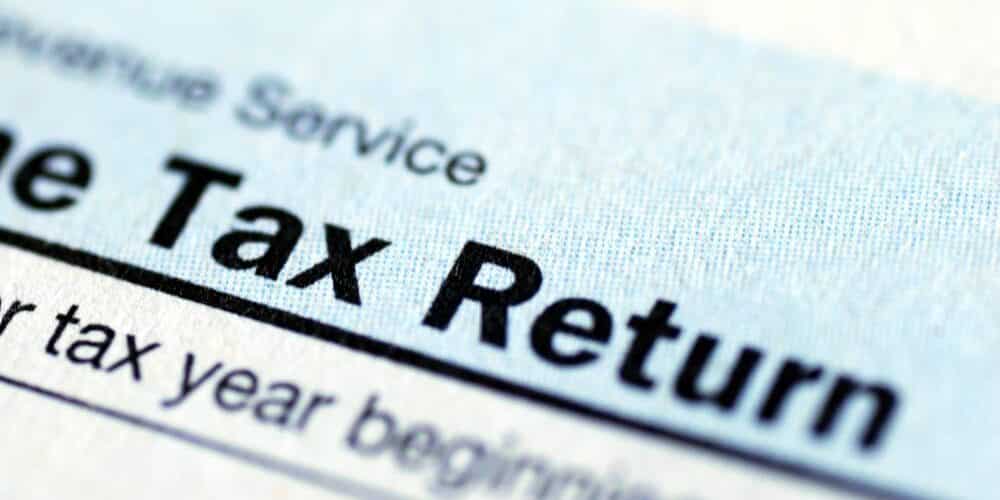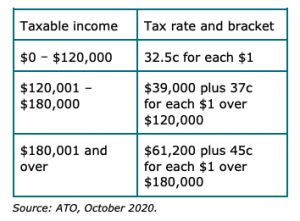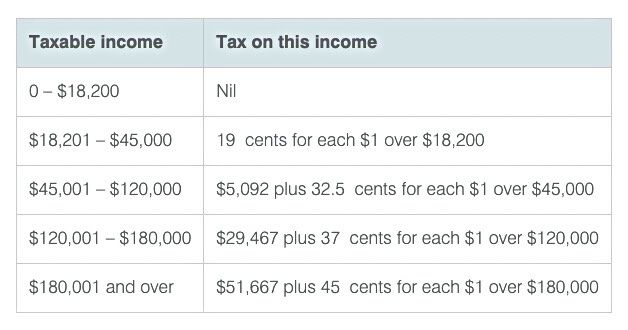How much tax do I pay on ABN Australia?
Understanding the Basics of ABN Taxation
In Australia, the Australian Business Number (ABN) is a unique identifier issued by the Australian Taxation Office (ATO) to individuals, businesses, and organizations for tax and business purposes. If you have an ABN, you might be wondering how much tax you need to pay on it. This article will provide you with a comprehensive overview of the taxation process for ABN holders in Australia. How much tax do I pay on ABN Australia?
What is an ABN, and Who Needs It?
An ABN is a 11-digit number that serves as your business’s or entity’s identity for various transactions, including invoicing, paying taxes, and conducting business with other organizations. It is not a replacement for a Tax File Number (TFN) or an Australian Company Number (ACN) but complements them in specific situations.
You need an ABN if you:
- Operate a business in Australia.
- Have an entity that receives income in the course of running a business.
- Plan to sell goods or services, regardless of the income generated.
- Need to interact with the Australian government, such as registering for the Goods and Services Tax (GST).
Differentiating Between Personal and Business Income
Before delving into the tax details, it’s essential to distinguish between personal and business income. Personal income includes money you earn from employment, investments, or any other source not related to your ABN-registered business. Business income, on the other hand, pertains to revenue generated from your business activities.

How much tax do I pay on ABN Australia?
Tax Obligations for ABN Holders
ABN holders are subject to various tax obligations depending on their business structure and income levels. Here are some key tax considerations for different scenarios:
Sole Traders and Individual ABN Holders
If you operate as a sole trader or an individual with an ABN, your business income is generally treated as your personal income. This means you’ll need to report your ABN-related income on your individual income tax return (ITR). The income is then taxed at your applicable individual tax rate, which varies depending on your total income for the financial year.
Companies with an ABN
Companies with an ABN are subject to the corporate tax rate, which is typically lower than individual tax rates. The current corporate tax rate for small businesses in Australia is 26%. However, larger companies may have different tax rates, so it’s essential to stay updated with tax regulations.
Partnerships and Trusts
For partnerships and trusts with an ABN, income is generally distributed to the respective partners or beneficiaries, who then report this income on their individual tax returns. The tax rate applied depends on the individual’s tax bracket.
Goods and Services Tax (GST)
If your business’s annual turnover exceeds a certain threshold (usually $75,000), you may need to register for the Goods and Services Tax (GST). GST is a 10% tax added to the price of most goods and services in Australia. As a registered entity, you collect GST on sales and claim credits for GST paid on business expenses. You’ll need to report and pay your GST liability to the ATO on a regular basis.
Income Tax Deductions and Offsets
ABN holders can benefit from various deductions and offsets to reduce their income tax liability. Common deductions include business-related expenses such as office rent, utilities, employee salaries, and depreciation of assets. Additionally, the government offers various tax offsets and incentives to encourage certain activities, such as research and development.
Quarterly and Annual Reporting
As an ABN holder, you are required to keep detailed records of your income and expenses. Depending on your business structure and turnover, you may need to report to the ATO quarterly or annually. Sole traders and individuals often report annually, while businesses with GST obligations usually report quarterly.
Penalties for Non-Compliance
Failure to meet your tax obligations as an ABN holder can result in penalties, fines, and legal consequences. It’s crucial to stay informed about your tax responsibilities, meet deadlines, and keep accurate records to avoid any issues with the ATO.
Seek Professional Advice
Navigating the complexities of taxation as an ABN holder can be challenging, especially if you’re unfamiliar with tax laws and regulations. It’s advisable to seek the assistance of a qualified accountant or tax professional who can provide guidance, ensure compliance, and help you optimize your tax position.

Conclusion
Understanding how much tax you need to pay on your ABN in Australia is essential for maintaining a successful and compliant business. Your tax obligations will vary depending on your business structure, income levels, and activities. To ensure you meet your tax responsibilities accurately and efficiently, consider consulting a tax professional who can provide personalized advice based on your specific circumstances. Staying informed and compliant will help you avoid penalties and contribute to the financial success of your business. Read about how to structure business tax here.

